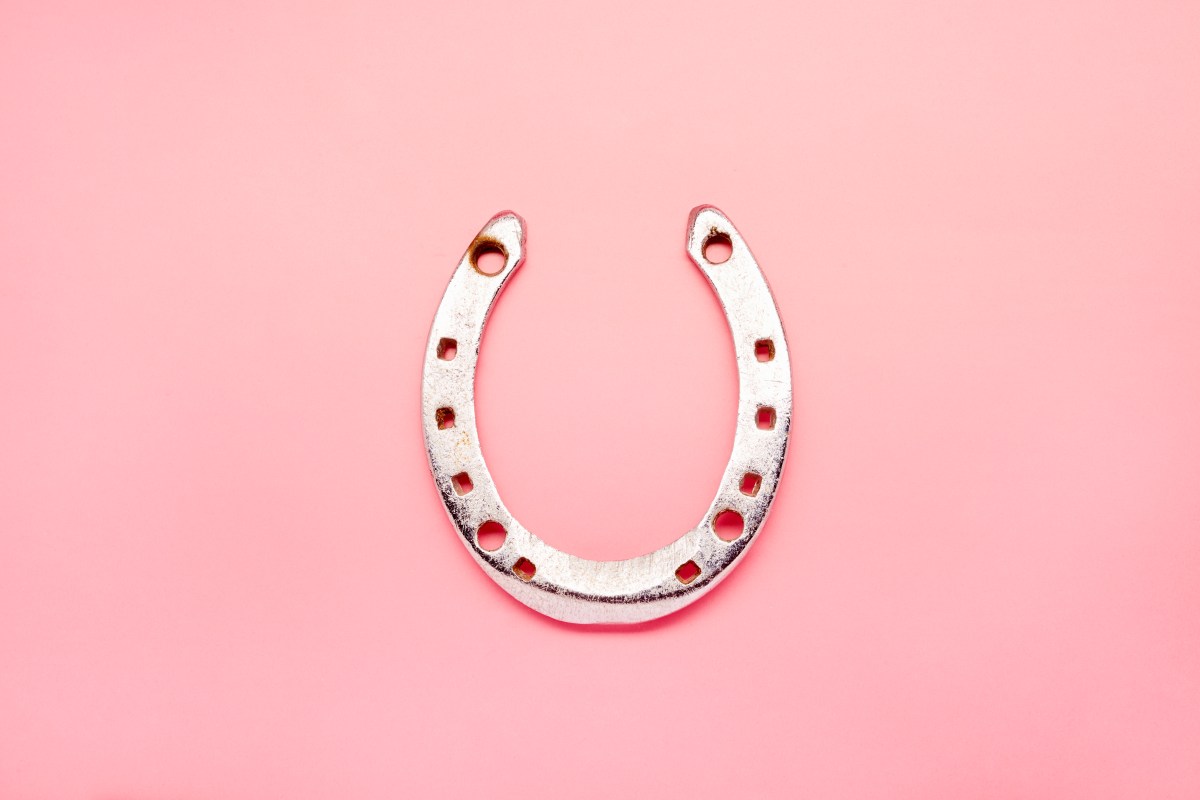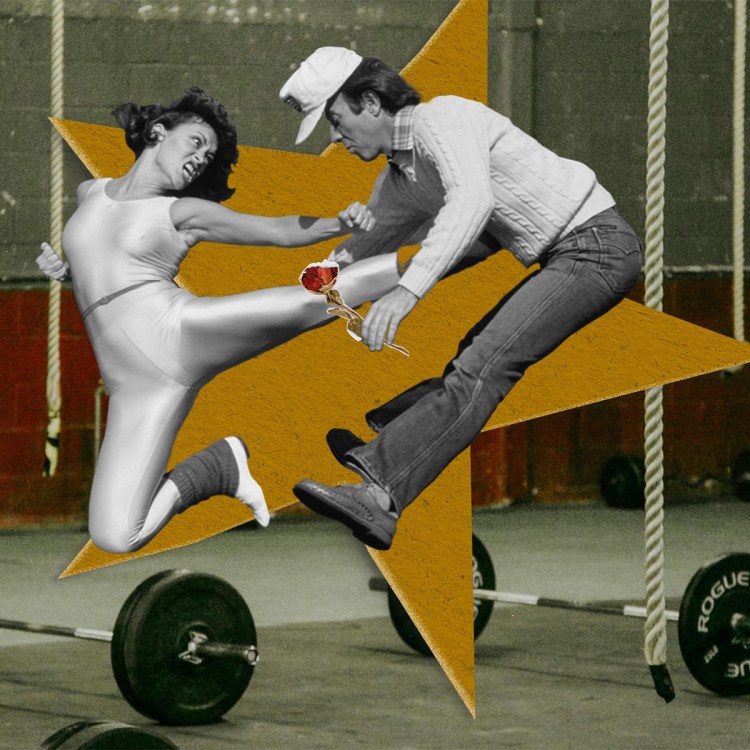TikTok has evidently uncovered the secret to a successful life. You can have it for free: “Assume and believe it before the concrete proof shows up. BE DELUSIONAL.”
Yes — the key to a worthwhile existence, here in the 2020s, was always going to include an all-caps imperative. That nugget is courtesy of a 22-year-old content creator called Laura Galebe, who posted a clip last month detailing why things have been looking-up-Laura lately.
It all boils down to something she calls “lucky girl syndrome.” She explains: “There’s literally no better way to explain it than it feels like the odds are completely in my favor…I’m constantly saying great things are always happening to me unexpectedly…Just try to be as delusional as possible and believe that the things you want can come to you. And then come back and tell me if it didn’t change your life.”
Galebe’s sound bytes appear to have launched a movement on the platform; videos tagged #LuckyGirlSyndrome have been watched 150 million times. According to a recent article in The Washington Post: “People are crediting Lucky Girl Syndrome as the reason they’ve won sports bets, become first-time home buyers and gotten a raise.”
Are You Guilty of “Revenge Bedtime Procrastination”?
Let those terrible, horrible, no good, very bad days goIn case the conceit sounds familiar, that’s because it’s basically a rebranding of a slew of pseudo-psychological self-belief trends — from “the power of positive thinking,” to “the law of attraction,” to “manifestation.” TikTok users who believe they’ve discovered a lifehack their parents couldn’t possibly understand (“It literally works,” one 18-year-old exclaimed), are participating in a proud, centuries-old tradition of spiritual thinking.
An imperfect summary of New Thought credos, which were introduced by metaphysicians in the 19th century, would look something like:
- God above all else
- Humans are spiritual beings
- We should love each other unconditionally
- Our mental states inform our everyday experiences
While those “experiences” have dramatically changed — today’s manifesters are more likely to imagine themselves nailing Zoom interviews than harvesting healthy potatoes — positive thinking’s popularity has persisted. And with that, the perception that it’s a cure-all. If things aren’t going well for you…it must be your mindset, man.
This proves a pretty slippery slope. While studies here and there can vouch for the power of positive affect, there is no scientific evidence that the law of attraction exists. On the contrary, adhering to a non-negotiably-positive mindset is fraught — it heightens pressure for things to go well, and misattributes one’s efforts when things do go well. These byproducts have catchy names themselves (“toxic positivity,” “illusory correlation,” “spiritual bypassing,” etc.), but the TL; DR takeaway is we can’t mantra/manifest ourselves to lasting happiness or success, and quite frankly, we shouldn’t want to.
Adopting the position that the universe tilts to and fro based on how you talk to yourself might seem like an invigorating idea — but how will you start talk to yourself when it isn’t tilting in the right direction? What happens to the religion then? To avoid this spiral, psychologists recommend engaging with failures, negative thoughts and uncomfortable memories head-on. And instead of rewarding randomness, learn to revel in the successes that arrive from practice and hard work.
Devotees of lucky girl syndrome would probably argue that “it isn’t that deep,” and that’s fair — but then the attitude should probably be reserved for life’s micro-moments…like keeping calm and optimistic when it looks like you might miss a flight. If you make the plane, and you want to attribute your success to the benefits of “delusional thinking,” fair enough. But can delusion pay your rent, fix your friendships, or heal a sick relative? Can it make your daydreams come true?
Lucky girl syndrome could change your life, maybe, but lives are also pretty long. It’s hard enough having a lucky month — if you aren’t born into privilege (and even if you are), don’t bank on a lucky 50 years. Our best bet, per usual, is the hardest one: constant, conscious introspection. Seek gratitude, forgive others, and let yourself feel your feelings, no matter how low or unlucky they may seem.
The Charge will help you move better, think clearer and stay in the game longer. Subscribe to our wellness newsletter today.



















